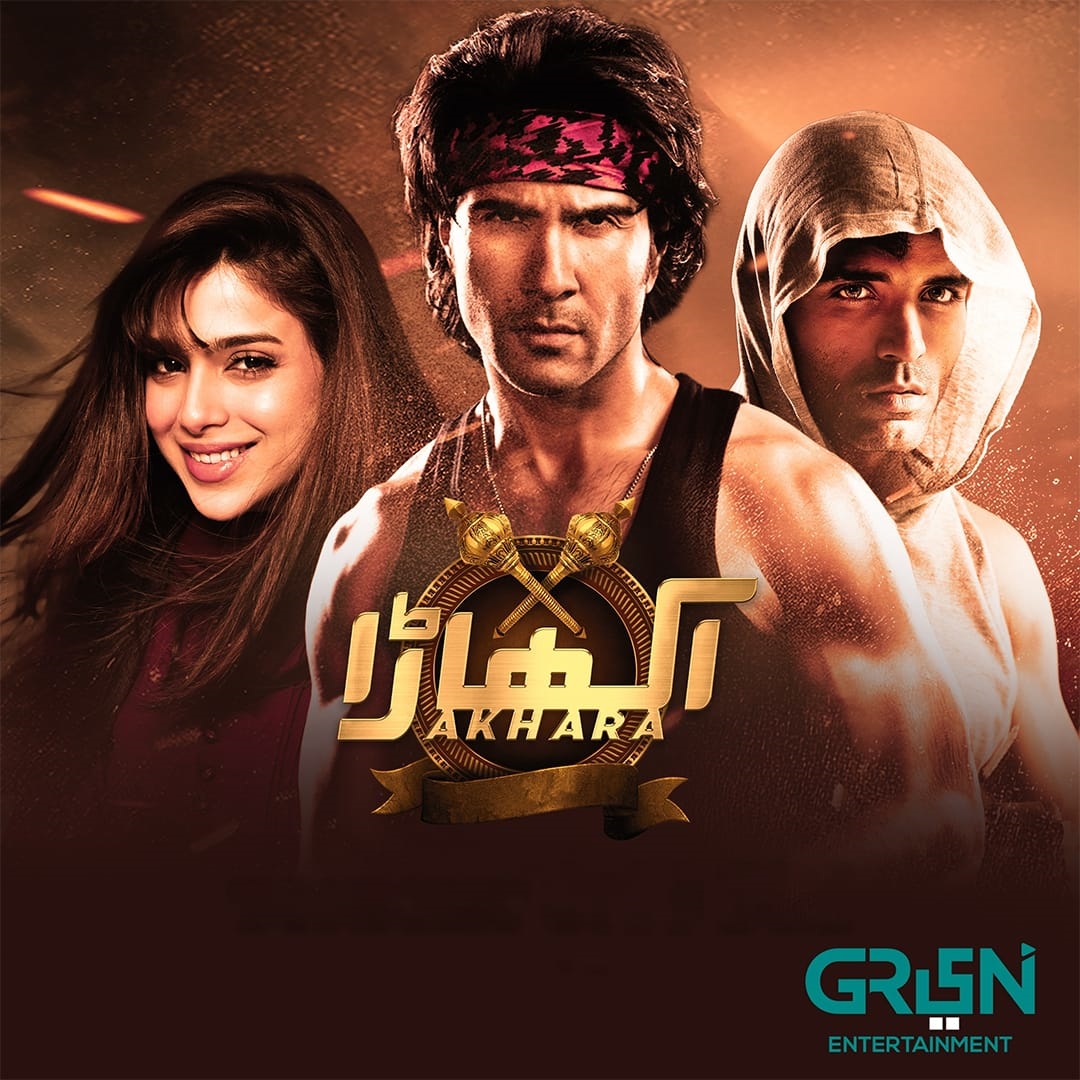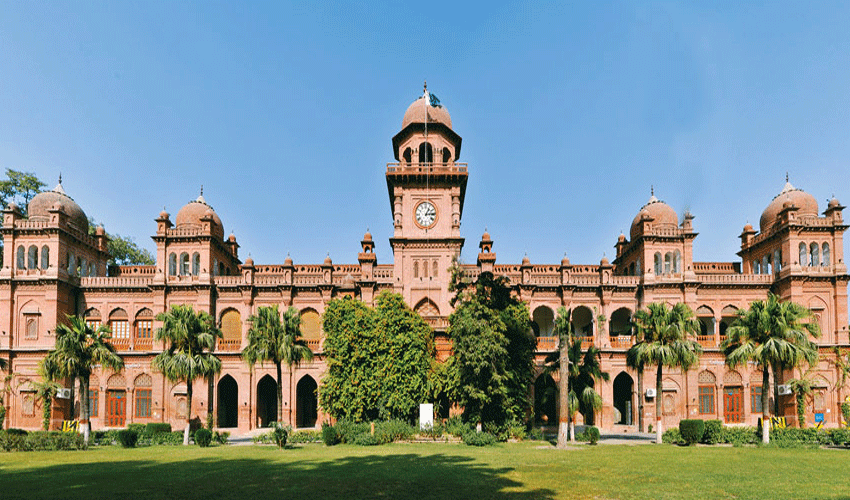Green TV has quickly made a name for itself in Pakistan's entertainment landscape by offering a refreshing and inclusive approach to storytelling. Unlike traditional channels that often stick to predictable formulas, Green TV is committed to creating relatable content for most viewers.
Green TV's programming strategy is designed to reach diverse demographics from different age groups and social classes to various cultural and regional backgrounds.
One of Green TV’s key strengths is its ability to create content that appeals to different segments of society. For instance, its dramas aren’t limited to portraying typical urban life but also reflect rural settings and marginalized communities. Kabli Pulao, for example, deals with cultural clashes and love in a traditional setting produced especially for audiences from conservative backgrounds and those interested in stories that break cultural stereotypes.
Similarly, dramas like Akhara and Gentleman talk about honor, masculinity, and identity in both rural and modern settings, further broadening the channel’s appeal.
Akhara, set in an environment of traditional wrestling, speaks to the struggles of rural life and the power dynamics that come with it, while Gentleman highlights issues faced by men in contemporary society. Additionally, Dunyapur, with its high-budget production and star-studded cast, bridges both rural and urban narratives, offering a compelling look at the clash between tradition and modernity. This attention to cultural nuances and diverse narratives ensures that Green TV relate not only with urban viewers but also with audiences in rural areas.

Green TV’s programming also appeals to younger audiences. Shows like Wonderland and Collage Gate focus on the dreams, struggles, and social pressures of today’s youth. These dramas highlight issues like education, peer pressure, and the role of technology, which resonate with younger viewers who often feel underrepresented in traditional dramas. By catering to youth interests, Green TV ensures that it captures the attention of a generation that is largely shifting away from conventional television to digital platforms.
A major reason Green TV has been able to appeal to diverse audiences is its commitment to addressing societal issues. Under the leadership of Fasih Ur Rehman, the channel has positioned itself as a platform for thought-provoking content.

Shows like 101 Talaqain dive into sensitive topics such as divorce, while Idiot explores non-conformity and societal pressures. These dramas challenge cultural taboos and provide viewers with narratives that many other channels shy away from. By tackling real-life issues, Green TV ensures that its content is relatable to viewers from all walks of life, making them feel seen and heard.
Green TV understands that in today’s world, television is not the only way to reach audiences. To reach to a wider demographic, the channel has adopted a multi-platform strategy by making its content available on digital platforms like YouTube. This not only increases its reach to international viewers but also makes its dramas accessible to those who may not have access to traditional TV channels.
Using the internet, Green TV has connected with audiences who prefer on-demand viewing. This is particularly important for younger viewers and those from the diaspora, who consume most of their content online. As a result, Green TV is able to maintain a strong online presence, where views, comments, and social media discussions extend its reach far beyond Pakistan.
Another way Green TV reaches diverse audiences is through its celebration of varied storytelling. Instead of recycling the same old narratives, the channel explores different genres and styles. From thought-provoking dramas to lighthearted comedies, Green TV provides a wide range of content, ensuring there’s something for everyone. This versatility in programming helps attract viewers with varying tastes and interests, whether they are looking for something fun and entertaining or something deep and socially relevant.
Green TV’s success lies in its inclusive approach to content creation. By focusing on different demographics, from rural communities to urban youth, and by addressing both modern and traditional societal issues, the channel has created a platform that truly speaks to the nation. The multi-platform strategy and willingness to tackle sensitive topics have allowed Green TV to engage with a broad and diverse audience. As a result, the channel continues to grow in popularity and set itself apart as a leader in Pakistan’s entertainment industry. By fulfilling the evolving needs of its viewers, Green TV proves that diversity in storytelling is not just about representation—it’s about relevance.
------
It's a sponsored article



























